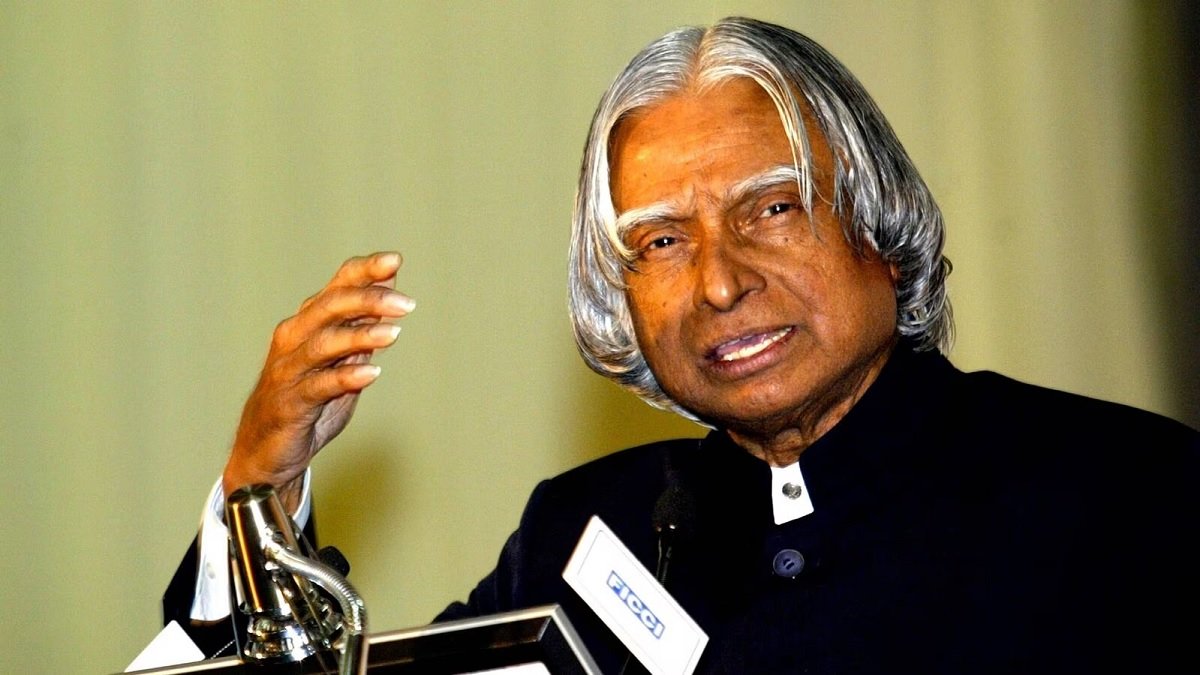In the annals of religious history, the figure of ‘Abdu’l-Bahá stands out not merely as a prominent leader of the Bahá’í Faith but as a compelling example of transformation and resilience. Born in 1844 in Tehran, Persia, he was the son of Bahá’u’lláh, the founder of the Bahá’í Faith. His life encapsulates a remarkable journey from being a political prisoner to attaining a revered status worldwide. How does one reconcile these seemingly disparate experiences? This reflection will examine the nuanced trajectory of ‘Abdu’l-Bahá’s life, exploring how his circumstances shaped his teachings and actions despite the challenges he faced.
‘Abdu’l-Bahá’s early life was marked by anguish and imprisonment. When he was merely eight years old, his father was exiled from Persia to the dreaded prison city of ‘Akká. The Bahá’ís, labeled as heretics by the ruling authorities, faced relentless persecution, and ‘Abdu’l-Bahá, although young, began to encounter the brunt of societal hostility. His formative years were spent in the shadow of oppression and injustice. Yet, it was within the confines of this prison that his spiritual and intellectual capacities blossomed profoundly.
For over four decades, ‘Abdu’l-Bahá remained imprisoned, often subjected to harsh treatment. What innate qualities enabled him to endure such adversity? It is proposed that his faith in God, along with an unwavering commitment to the principles espoused by Bahá’u’lláh, sustained him. Throughout his imprisonment, he became a beacon of hope for the Bahá’í community. His writings during this period, particularly the “Tablets of ‘Abdu’l-Bahá,” not only advanced the teachings of the Faith but also provided solace to followers facing persecution. Thus, the prison became a crucible of spiritual and intellectual development, which would later inform his leadership.
Upon his release in 1908, ‘Abdu’l-Bahá’s status evolved. Released not merely as a political yielding but as an honored guest, he transitioned from a prisoner to one who garnered international respect. This metamorphosis poses an intriguing question: How did his experiences in prison inform his teachings? ‘Abdu’l-Bahá’s time in incarceration set the foundation for his advocacy of forgiveness and unity among humankind. His teachings emphasized the importance of reconciliation and understanding in the face of conflict—principles he internalized during his own struggles.
During his extensive travels through Europe and North America between 1911 and 1913, ‘Abdu’l-Bahá engaged with diverse audiences and utilized his newfound freedom to disseminate Bahá’í teachings far and wide. His ability to eloquently articulate complex ideas with simplicity resonated with many. He introduced the concept of the essential oneness of humanity, suggesting that all people, regardless of race, nationality, or religion, share a common spiritual heritage. His discourse often highlighted the need for global governance and the establishment of world peace, anchored in the very principles he had grappled with during his imprisonment.
Moreover, the social ideals promoted by ‘Abdu’l-Bahá reflect a progressive ethos, aiming for the upliftment of marginalized segments of society. His advocacy for women’s rights, education, and social equity was revolutionary for the time. Here, one might ponder: How did his background as a prisoner shape his perspectives on social justice? The juxtaposition of his past experiences with his emergent role as a proponent of egalitarianism underscores a critical connection between personal suffering and social advocacy.
As ‘Abdu’l-Bahá traversed through various societal landscapes, he faced challenges typical of a reformist. His encounters with religious leaders, political figures, and ordinary citizens elicited diverse reactions—some welcomed his message of unity, while others were resistant to change. The transformative potential of his teachings often clashed with entrenched beliefs and practices. Notably, ‘Abdu’l-Bahá’s interactions with various cultural contexts highlight the universal applicability of his message, yet they also underscore the opposition inherent in challenging the status quo.
While ‘Abdu’l-Bahá became an honored guest in the international arena, this did not absolve him of the responsibilities that came with such recognition. He continued to issue clarion calls for societal progress, urging compliance with the ethical standards derived from the Bahá’í teachings. His expectations for his followers were elevated; they were to live as exemplars of the values he espoused. ‘Abdu’l-Bahá’s articulated vision of a better world entails not passive acceptance but active engagement in fostering a supportive environment for peace and progress.
In conclusion, the journey of ‘Abdu’l-Bahá from prisoner to honored guest serves as a testament to the capacity of the human spirit to transcend adversity through faith, resilience, and a commitment to social justice. His life’s narrative provides rich insights into the interplay between personal trials and the broader struggle for human rights and dignity. The remarkable adaptability of his teachings amidst the challenges he faced can offer a blueprint for contemporary society grappling with issues of division and discord. One cannot help but wonder: in what ways can the lessons from ‘Abdu’l-Bahá’s journey inspire modern movements for justice and peace?
